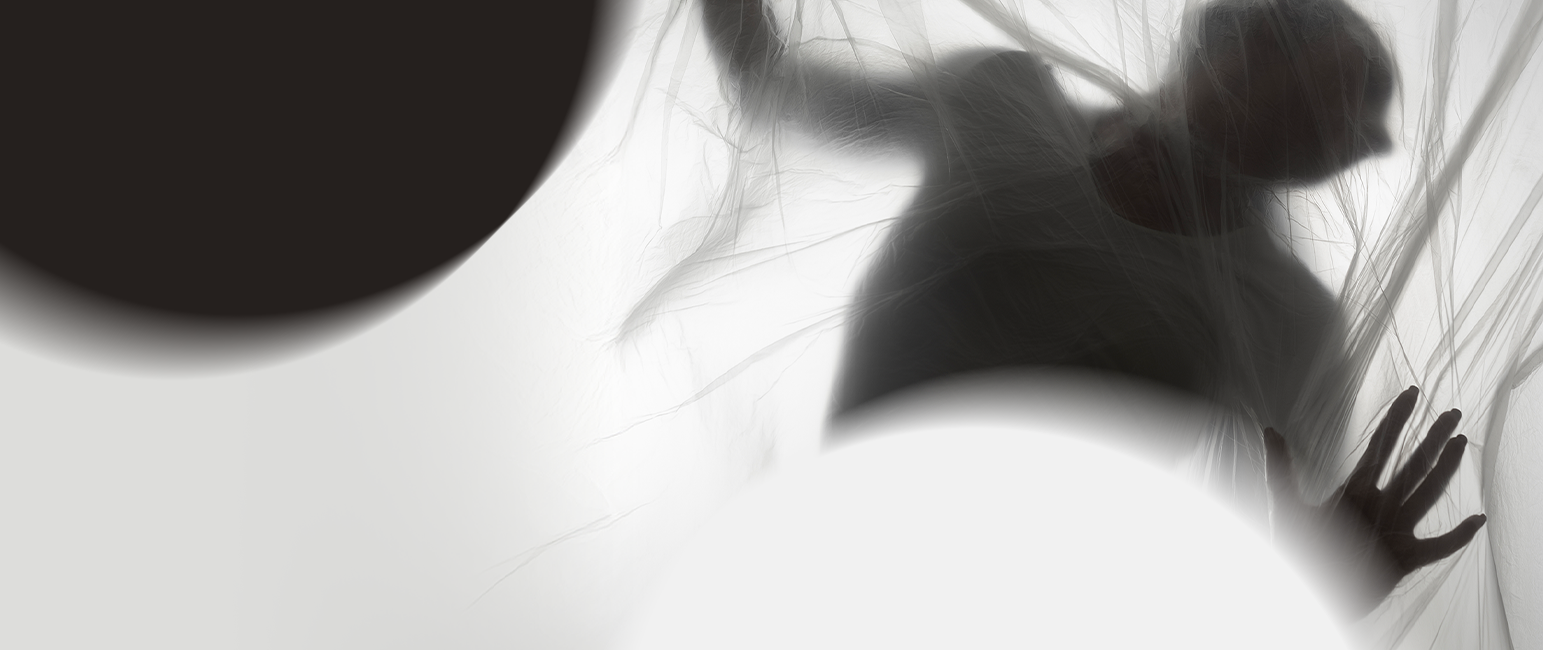Greetings to all fellow seekers of healing and self-discovery!
It began as I lay in bed with my beloved, the quiet of evening settling around us, watching TV. Without warning, a sharp pain stabbed through my chest—the kind that steals your breath and sends thoughts careening. Within minutes, it intensified, radiating outward like a steel band tightening around my ribs. My heart hammered against my sternum so violently I could feel each beat in my throat. Cold sweat soaked through my shirt as my hands began trembling uncontrollably.
"This is it," I thought. "I'm having a heart attack."
The terror escalated as my body locked into survival mode. My thoughts fragmented into frantic shards. I managed to tell my partner through gritted teeth: "This is... really intense. Maybe we should call an ambulance.
"Then came her steady voice cutting through the chaos: "Wait. This feels familiar. Could it be a panic attack?"
That simple question became my lifeline. Fighting against every screaming instinct, I forced myself to draw a slow, deliberate breath through my nose. Held. Released—longer than the inhale. Again. And again. The vise around my chest loosened just slightly. I rolled my neck with careful movements, feeling the stretch awaken my vagus nerve—nature's emergency brake for the nervous system. Gradually, incrementally, the internal storm began to subside.
The realization washed over me: this wasn't cardiac arrest. This was my body sounding a false alarm—a full-blown panic attack.
If you've stood in those terrifying moments, you know the cruel paradox: though medically harmless, a panic attack might be the most viscerally real experience you'll ever endure.
Panic Attacks: Your Body's False Alarm
A panic attack is your body's emergency response system misfiring. Imagine a fire alarm blaring when there's no fire—your brain screams "DANGER!" even though you're physically safe.
What's actually happening in your body:
• Your amygdala (the brain's fear center) hijacks your rational mind
• Adrenaline floods your system, causing:
◦ Racing heart (to pump blood to muscles)
◦ Shortness of breath (to get more oxygen)
◦ Sweating (to cool you down for "fight or flight")
• Your breathing goes haywire, lowering CO2 levels, which leads to:
◦ Dizziness
◦ Tingling hands/feet
◦ Chest tightness The cruel irony? These very real physical symptoms then convince your brain "See? We really are in danger!"—creating a vicious cycle.
How to Hit the Reset Button In the moment:
1. Breathe like you're putting the brakes on
◦ Try "4-4-6"breathing: Inhale (nose) 4 sec → Hold 4 sec → Exhale (mouth) 6 sec
◦ Why it works: Lengthened exhales trigger your parasympathetic nervous system
2. Shock your system back to the present
◦ Splash cold water on your face
◦ Hold an ice cube in your hand
◦ Why it works: Activates the mammalian dive reflex, slowingheart rate
3. Ground yourself with the 5-4-3-2-1 method
◦ Name:
▪ 5 things you see
▪ 4 things you can touch
▪ 3 sounds you hear
▪ 2 smells
▪ 1 taste
◦ Why it works: Forces your brain to engage with the present
Long-term strategies:
• Train your vagus nerve (your body's calm-down highway):
◦ Humming/singing
◦ Gargling water
◦ Cold showers
• Move regularly—even 10 minutes of walking helps regulate your nervous system
• Limit caffeine/alcohol—both can destabilize your stress response
The Light at the End of the Tunnel
That night taught me panic attacks are like a glitch in your body's software—frightening, but fixable. The more you understand what's happening, the quicker you can short-circuit the cycle.
Remember:
• You're not broken
• You're not in actual danger
• This will pass
The next time panic tries to convince you you're dying, you'll know better. You'll breathe through it. And you'll come out the other side.
With heartfelt compassion and dedication,
Nisarga Eryk Dobosz - BBTRS, BCST, CI, MER, LOMI







